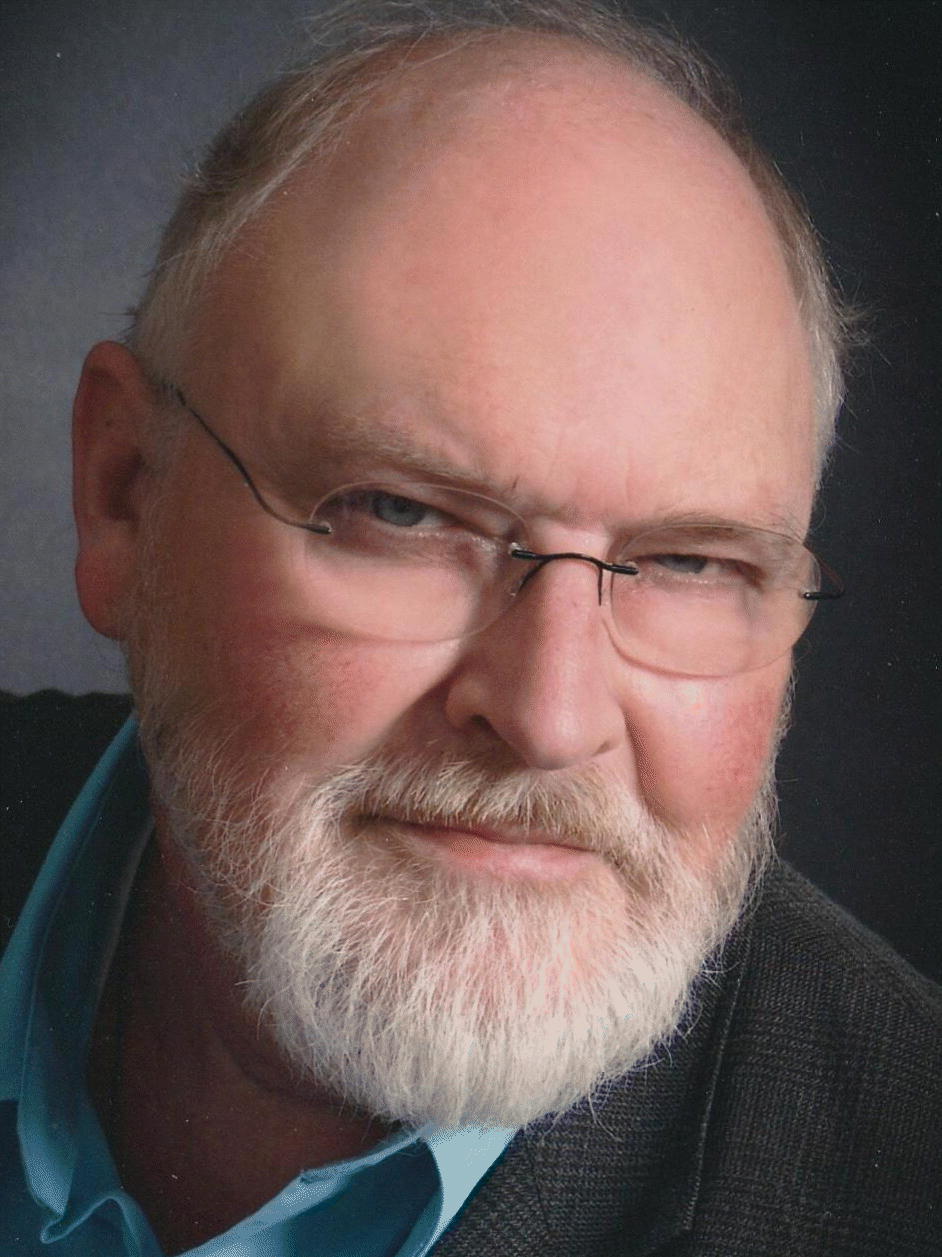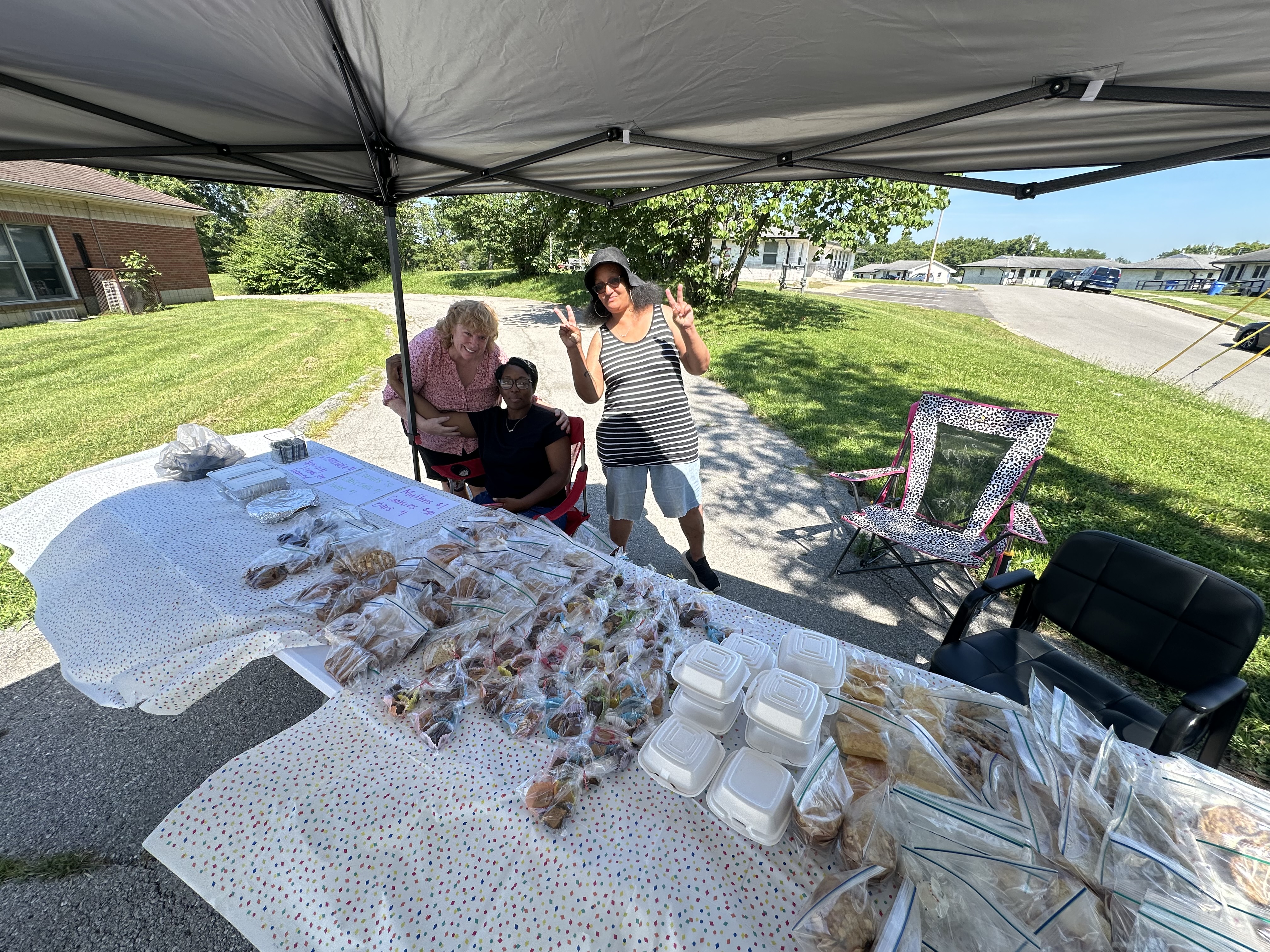Cherishing Appalachian Culture
Published 12:19 pm Sunday, January 30, 2022

- Judith Victoria Hensley is a retired teacher, writer, photographer and columnist for over 25 years for Harlan Enterprise.
|
Getting your Trinity Audio player ready...
|
In a recent conversation with a friend, I found myself reflecting and defending my love of the Appalachian culture. Growing up outside of Appalachia, but still being connected to other displaced Appalachians or those from very rural settings that had joined the mass migration north for jobs, our Appalachian culture has been very important to me.
I can see that I was attracted to the sense of love and acceptance that rural people often have for each other and the way they help each other out. Even though I grew up in Chicagoland, in the melting pot of the nation at the time, Appalachians were still lumped into a preconceived prejudicial grouping that was considered to be poor, ignorant, and undesirable. We were made fun of, laughed at, talked down to, mocked, and undervalued.
Our men were among the hardest and most faithful laborers who built this country, the rails, and the auto industry, the highways, and bridges. Our women were mothers, housekeepers, managers, and prayer warriors. Our young people were bright and talented, full of dreams. Yet we were often judged straight from the cartoon caricatures of Dogpatch, and later the Beverly Hillbillies.
Trending
We understood each other. We were a culture of survivors within a larger mixed world culture. At that time in history, Appalachia was not a place limited to a geographic region of mountains. Like Jewish culture dispersed among the nations, so was Appalachian culture among the industrialized regions of the United States.
The other major component that bound me to the Appalachian culture was the tremendous faith, simple and pure, that had a divine connection to answered prayers, miracles, signs, and wonders.
My Appalachian people loved, feared, and revered God. Even the rankest sinner respected God.
Our God was not some distant deity to whom we only dared approach through a representative of the church. He was loving and personal. He was righteous, almighty, and omnipotent, but we had a right and a responsibility to approach Him individually. He was a God of judgement to whom each man must account individually.
Wondrous stories of “olden days” when the sounds of prayer echoed through the mountains, people were raised from their death beds, had visions from God, revelations of situations on the other side of the world during war times for the sake of prayer, handled fire without being scorched, drank deadly poison without being affected, and on and on were the faith of our Appalachian fathers.
Our young people are losing so much as the Appalachian culture has been homogenized into mainstream America, devalued even further and degraded to a point of shame for those inside the region and out.
Trending
Drug use, alcoholism, child abuse, pornography, are all very real in Appalachia, just as they are in the rest of the world. There is still a bright, beautiful side of the people, the mountains, and the life here, but the underbelly is dark and eats away at the rest.
In my mind, we have gone through a similar disintegration of culture as have the Native Americans and African Americans. Take away the availability of work in any culture and it will begin to crumble. Make their skills useless and undervalued. Criticize instead of praising their artistic expression. Make fun of them.
Try to reconfigure their faith to be dependent on the government instead of God. Demoralize them. Laugh at them. Tell them they are ignorant. Tell them they are worthless. Limit access to health care and education. Take away their hope. Make them dependent on a government check and subsidies. Encourage them to blame and resent others for their lack. Make them discontent. Control them.
This is that path that Native Americans have journeyed, Appalachians, African Americans, and others. There are other cultures that have been swallowed up along the way in the United States. Polish. German. Western European. Korean. Many others.
The fight in me is not to preserve the cultural shortcomings that are currently identifiable as poverty, substance abuse, poor health, and devaluing of education and faith. The fight is to call the warriors to remembrance of who God was to their ancestors and who He wants to be to them now.
The fight is to help the young people see a world bigger than they’ve experienced and to encourage them to believe that whatever part of the world they find themselves in can be a better place because of what they have to contribute. The fight is to keep hope alive and to rekindle the blaze of hard workers, creative performers, brilliant thinkers who take control back of their culture which has perhaps now become more confined to a geographic region.
I am Appalachian. God put me here in this time and this place for His purpose and destiny in my life. For this I am thankful. This is where my life makes a difference.
Judith Victoria Hensley is a retired teacher, writer, photographer and columnist for over 25 years for Harlan Enterprise.





